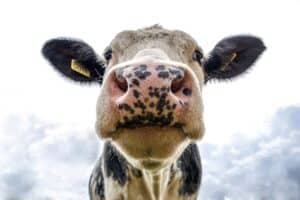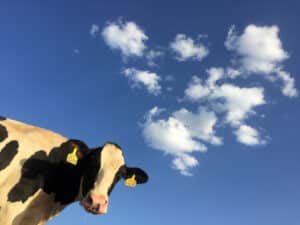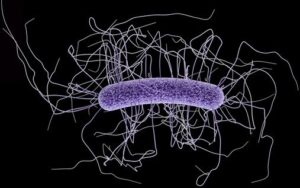Dr. Bobbi Bailey, Animal Nutrition Specialist with MarSyt along with Andy Fanko, independent livestock nutritionist, will deliver a lecture on “Digestive Disorders and their Impact on the Horse Industry” for the Farm and Stable Management class at the University of Findlay in Findlay, Ohio. The lecture will take place at the James L. Child Jr. Equestrian Complex on September 6, 2017 from 8 am to 9:15 am.
The Farm and Stable Management class is part of the Equine Studies Program at the University of Findlay, one of the nation’s top equestrian colleges. The presentation will focus primarily on the signs and symptoms of ulcers, prevention and treatment and the cost to the horse industry. Ulcers are a common problem in horses and foals. It is estimated that ulcers occur in 25% to 50% of foals and 60% to 90% in adult horses, depending on age and level of performance. Highlighted in the presentation will be information on a new and exciting prebiotic for digestive health in horses marketed by MarSyt.
Dr. Bailey holds a Ph.D. in Animal Nutrition from West Virginia University, a M.S. degree in Agriculture Education from Virginia Tech and a B.S. degree in Animal Science from Virginia Tech. Her professional background includes experience in both the public and private sector of the agricultural industry, including 13 years of experience working with state and federal agricultural agencies and 5 years of experience in the livestock nutrition industry. Currently, as an Animal Nutrition Specialist with MarSyt, Dr. Bailey provides technical nutritional services for agricultural producers and nutritionists.
MarSyt is a locally owned and operated agricultural feed company based in Elizabethtown, PA. They offer a wide selection of services and solutions, as well as a knowledgeable sales and technical team, delivering the value and performance you expect from a world class agricultural company.
For more information, go to www.marsyt.com. or www.tripleperformanceequine.com



